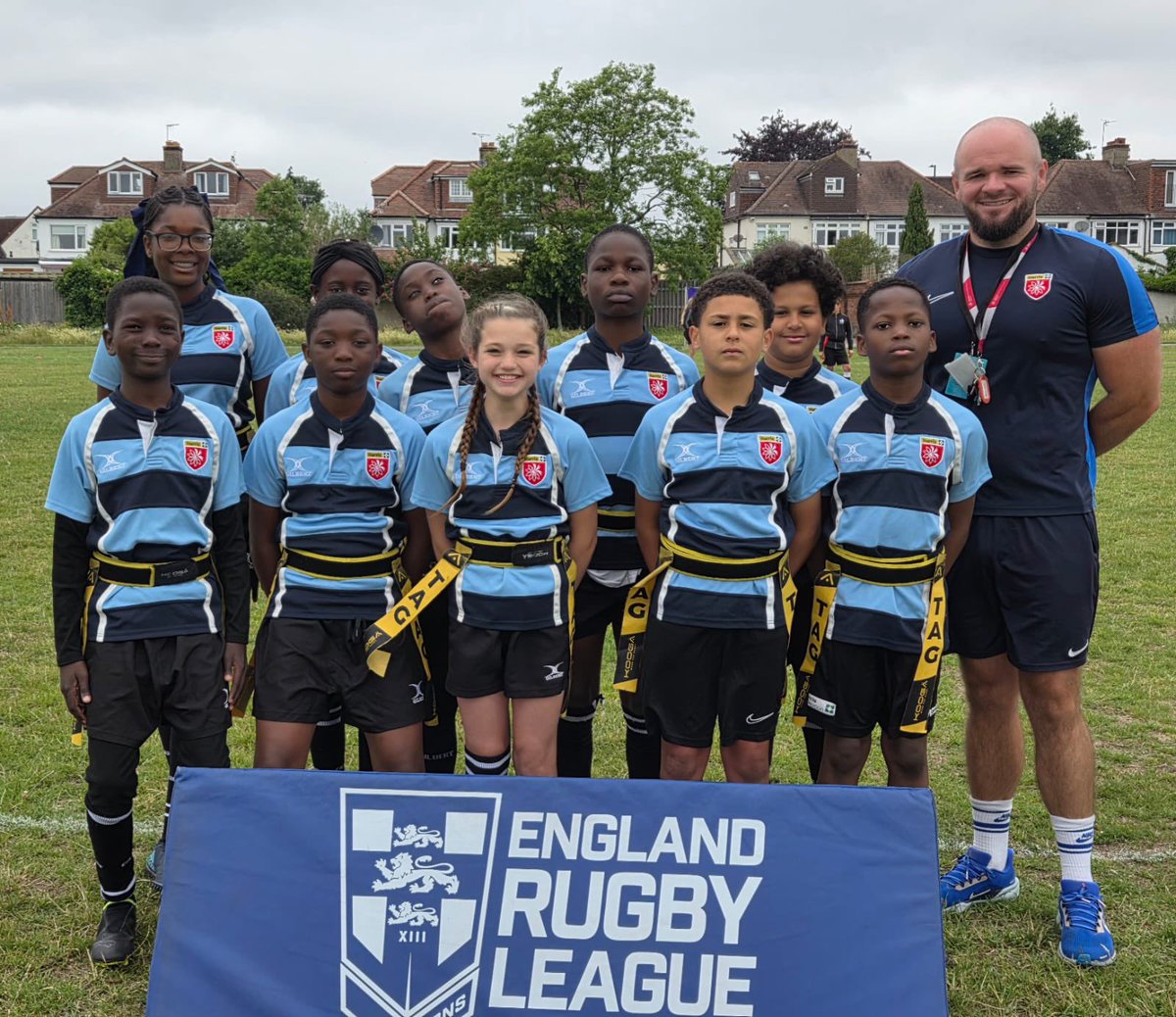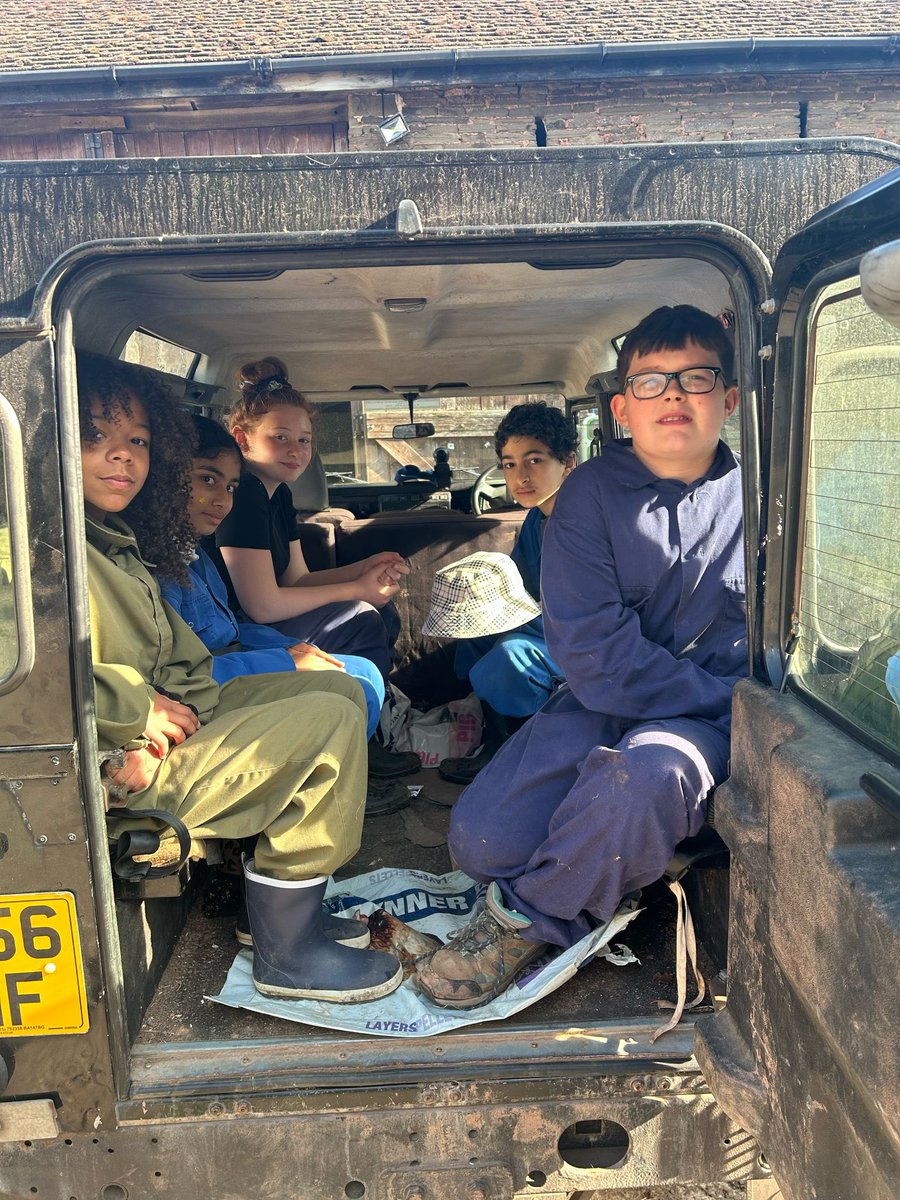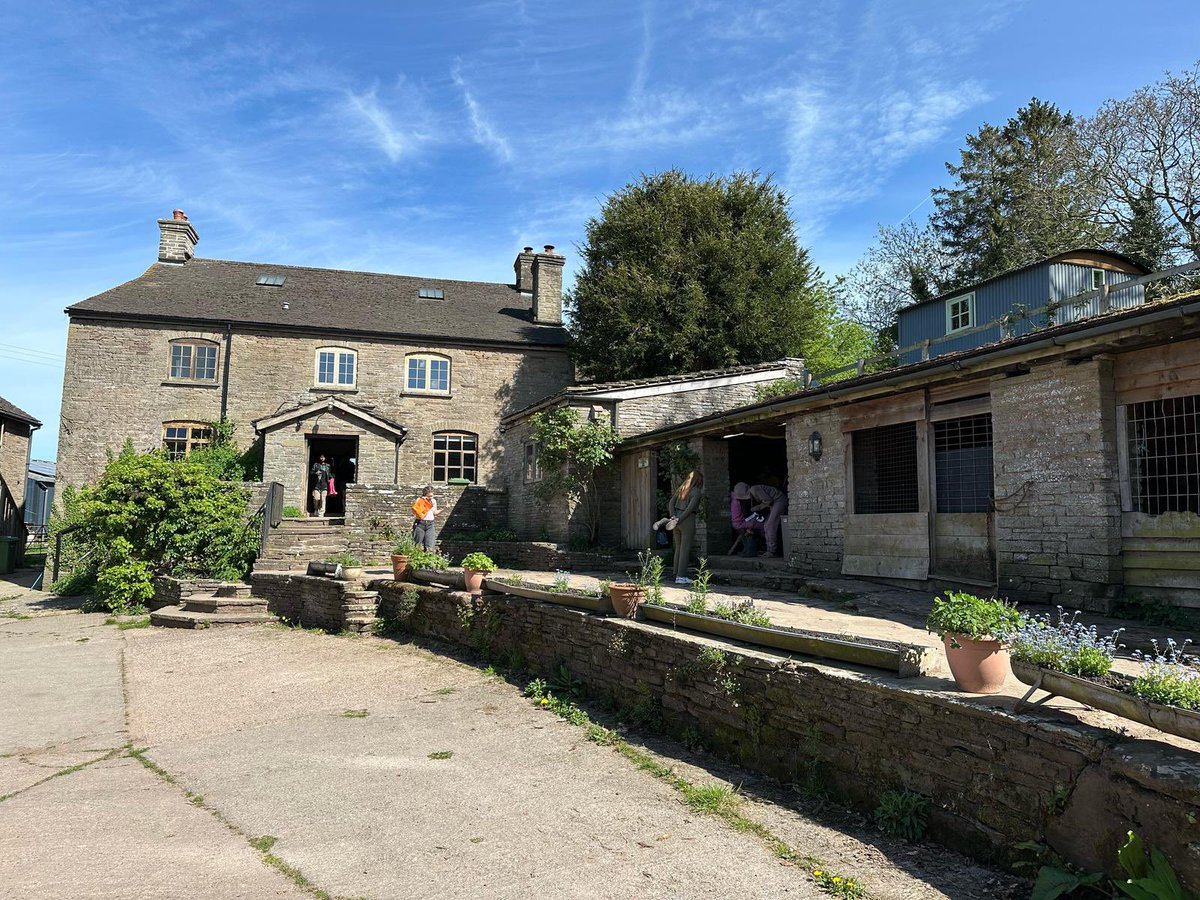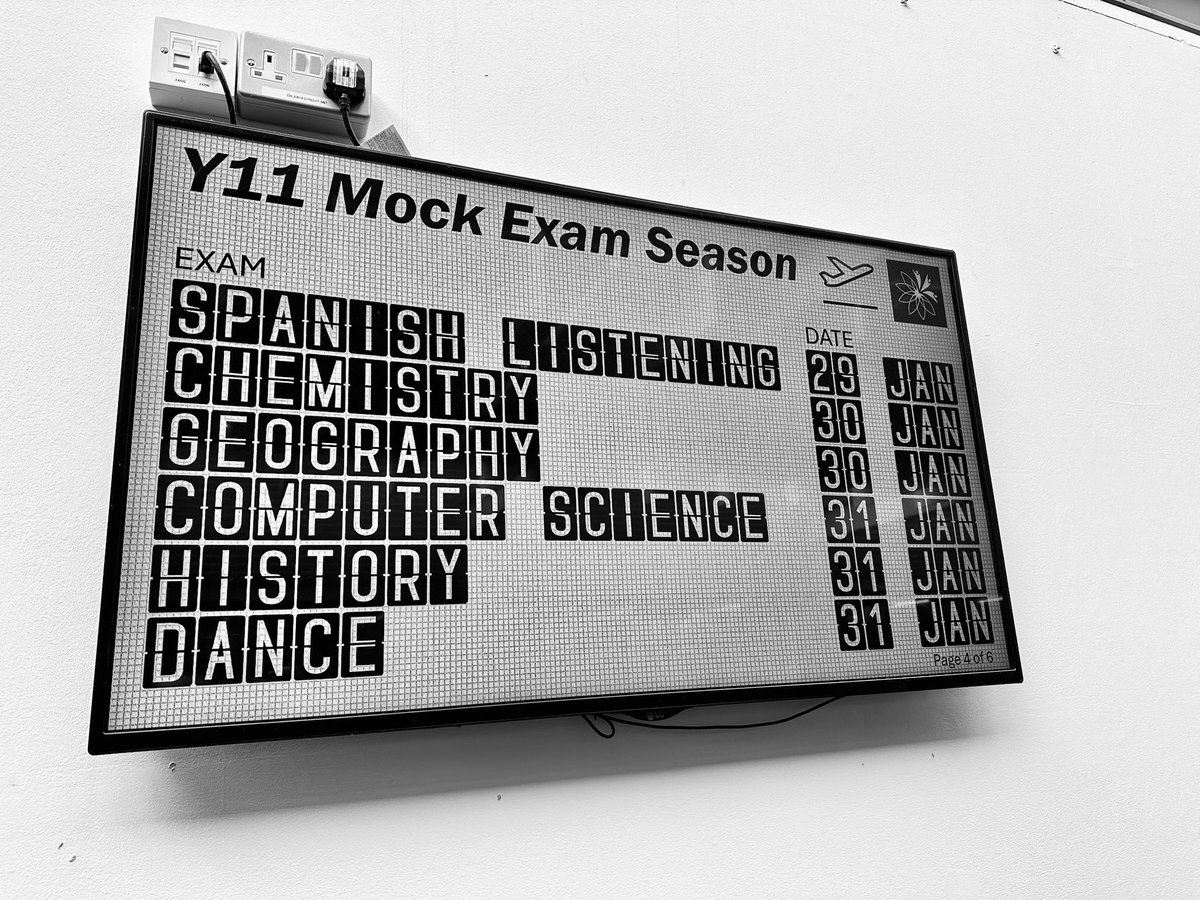Character & Mindfulness Education
One of the academy’s mantras is ‘Character is Key’. This is constantly referred to by staff and is reiterated regularly during assemblies, timetabled lessons, break and lunch times.
Our curriculum and education provision aim to develop the following character traits in our students:
- Determined resilience
- Aspirational work ethic
- Moral awareness and tolerance
- Emotional capacity and understanding
- Fulfilment and enjoyment
Character and Educational Attainment
Research suggests supporting the development of character traits such as these can improve educational attainment, engagement with school, and attendance. A literature review for the Education Endowment Foundation and Cabinet Office found that:
- High self-efficacy, or self-belief, is associated with better performance, more persistence and greater interest in work
- Highly-motivated children (linked to tenacity), who are driven internally and not by extrinsic rewards, show greater levels of persistence and achievement
- Good self-control (or self-regulation, the ability to delay gratification) is associated with greater attainment levels
- Having good coping skills (part of being able to bounce back) is associated with greater well-being.
Other studies have suggested that:
- Schools which develop character well help drive equity and social mobility for their pupils
- Access to character-development opportunities in schools can lead pupils that take part to be highly motivated, report fewer absences and have lower levels of emotional distress, for example.
Primary Character Traits
 In the primary phase of Harris Garrard, the children are taught the foundations of the character traits which they will continue to develop in the secondary phase. These character traits are types of behaviour and understanding that we want every child to develop during their time with us in Harris Garrard.
In the primary phase of Harris Garrard, the children are taught the foundations of the character traits which they will continue to develop in the secondary phase. These character traits are types of behaviour and understanding that we want every child to develop during their time with us in Harris Garrard.
Resilience. This means that we expect you to bounce back when you find something tricky. In the primary phase, we see a "fail" as a "first attempt in learning". We encourage you to not give up but to keep trying to find out a solution to the challenges you face. Never, ever give up but search for a better solution. This forms the foundations for Determined Resilience which you will continue to develop when you join the secondary phase of our academy.
Respect. We expect you to show respect to each other by listening to what is said and to treat each other in a kind way. We talk to you about how you like to be treated and help you to treat others with this same respect and understanding. This means that we all talk in polite voices to each other, and that the adults model respect in their relationships with you and with each other. This forms the foundations of Emotional Capacity and Understanding which you will continue to develop when you join our secondary phase.
Collaboration and Cooperation. We know that when you play and learn together, the academy is harmonious. We provide you with lots of opportunities to learn how to listen to each other carefully, and to work as a team to solve challenges. These skills are crucial for you to learn as they will help you throughout your life. This forms the foundations of Moral Awareness and Tolerance which you will continue to develop when you are in our secondary phase.
Happy and Enthusiastic. We want the primary phase to be full of children who are happy and enthusiastic in their learning and play. This means that you will be able to make the best opportunity out of every experience we offer you. We know that this will help you to continue to focus in your learning and to be successful in your life. This forms the basis of fulfillment and enjoyment, which you will continue to develop when you are in the secondary phase.
Be Smart. We want you to "be smart" when you are in our phase of the academy. This means making good choices about your behaviour when you are walking around the academy. To show your "Harris Hands" and to be ready to learn in your full uniform. We know that when you show us "smart" you are focused and ready to learn. This forms the basis of the Aspirational Work Ethic which is further developed when you join the secondary phase.
A display board explaining our primary phase character traits is displayed prominently around the primary school.
Secondary Character Traits
 A trait is a personal quality or characteristic that is personal to you. It makes you the person you are. We are all unique, which is a great thing to be. However, as you go through life, we believe that you will need certain character traits to ensure that life gives you happiness and fulfilment. This is so we can all cope with the ups and downs that the modern life can bring for everyone. The Character traits below are what we will try and develop in you all at the secondary phase of Harris Garrard Academy.
A trait is a personal quality or characteristic that is personal to you. It makes you the person you are. We are all unique, which is a great thing to be. However, as you go through life, we believe that you will need certain character traits to ensure that life gives you happiness and fulfilment. This is so we can all cope with the ups and downs that the modern life can bring for everyone. The Character traits below are what we will try and develop in you all at the secondary phase of Harris Garrard Academy.
Determined Resilience. This means that you do not give up when things get tough. You show determination in everything you do to try to be the best that you can be. Some things in life can knock you down, but every time you should get up again with a new level of determined resilience.
Aspirational Work Ethic. Whether you are at school, university or paid employment, we want you to work hard every day so you can be the best you can be in your chosen career in life. You will work for nearly 50 years, so we want you to do something that motivates, you enjoy and that pays you well.
Moral Awareness and Tolerance. Harris manners is about morals and tolerance. We want you to do the right thing every day by displaying the Harris manners, morals and tolerance that make us thoughtful citizens and represent the British values that we live our lives through. We are all unique and we should be tolerant and respectful of other people’s opinions, beliefs and values.
Emotional Capacity and Understanding. This refers to understanding and helping each other. We will all go through our lives and need support and encouragement at some point from someone close to us. We should try and understand when someone needs some emotional support and do our best to try and make them feel better or try and get them support through telling an adult in the academy.
Fulfilment and enjoyment. Fulfilment refers to you being happy and content with something. We want you to be able to enjoy life to the full. This means working hard now to ensure that you enter a career that you are going to enjoy and that gives you and your family security in life. We are passionate about providing life experiences that enhance and develop these character traits.
A display board explaining our secondary phase character traits is displayed prominently around the secondary school.
The six character benchmarks
When considering the intent, implementation and impact of our character education programme, we have considered the following six Character Education benchmarks included in the Department for Education guidance from November 2019. These benchmarks summarise the most important features of good provision for character education.
What kind of school are we?
- How clearly do we articulate the kind of education we aspire to provide?
- How do we ensure that all members of the school community (e.g. staff, pupils, parents/carers, governing body) understand and share our aims?
- How effectively do we create a sense of pride, belonging and identity in our school?
What are our expectations of behaviour towards each other?
- Are we clear on the importance of discipline and good behaviour in school life? How do we promote this understanding?
- How well do we promote consideration and respect towards others (pupils and adults), good manners and courtesy?
- How well do we promote a range of positive character traits among pupils?
How well do our curriculum and teaching develop resilience and confidence?
- Is our curriculum ambitious for our pupils? Does it teach knowledge and cultural capital which will open doors and give them confidence in wider society?
- Is our curriculum logically organised and sequenced, including within subjects, and taught using effective pedagogy, so pupils gain a strong sense of progress and grow in confidence?
How good is our co-curriculum provision?
- Does it cover a wide range across artistic, creative, performance, sporting, debating, challenge, team and individual etc. so all pupils can both discover new interests and develop existing ones?
- Do we make use of or promote local, national or international programmes or organisations? (e.g. uniformed organisations, Duke of Edinburgh, National Citizen Service etc.)
- Is provision of high quality and does it challenge pupils and build expertise? Is participation sustained over time?
- Are there ample opportunities for pupils to compete, perform etc., and is success acknowledged and celebrated?
How well do we promote the value of volunteering and service to others?
- Are age-appropriate expectations of volunteering and service to others clearly established?
- Are opportunities varied, meaningful, high-quality and sustained over time?
- Do volunteering and service opportunities contribute to breaking down social barriers? Are they effective in making pupils civic-minded and ready to contribute to society?
How do we ensure that all our pupils benefit equally from what we offer?
- Do we understand and reduce barriers to participation (e.g. cost, timing, location, logistics, confidence, parental support etc.)?
- Do we enable young people from all backgrounds to feel as if they belong and are valued?
- Is our provision, including our co-curricular provision, appropriately tailored both to suit and to challenge the pupils we serve?
Tracking peer-on-peer abuse and adapting educational provision
Harris Garrard Academy maintains a comprehensive peer-on-peer abuse tracker that records all incidents relating to the follow areas:
- bullying (including homophobic, transphobic and biphobic)
- sexual harassment (including derogatory language, inappropriate touching, upskirting and intimidation)
- sexual violence
- racist incidents
- physical incidents
This information is reviewed monthly by the safeguarding review committee and the information on trends and analysis is used to evaluate and adapt our Character & Mindfulness curriculum, our safeguarding curriculum and our assembly programme, at all key stages across the Academy.
This may result in resequencing of curriculum topics based on priorities identified from the peer-on-peer abuse tracker or by adding new safeguarding topics that have been identified within the local context or via the tracker trend evaluation.






















